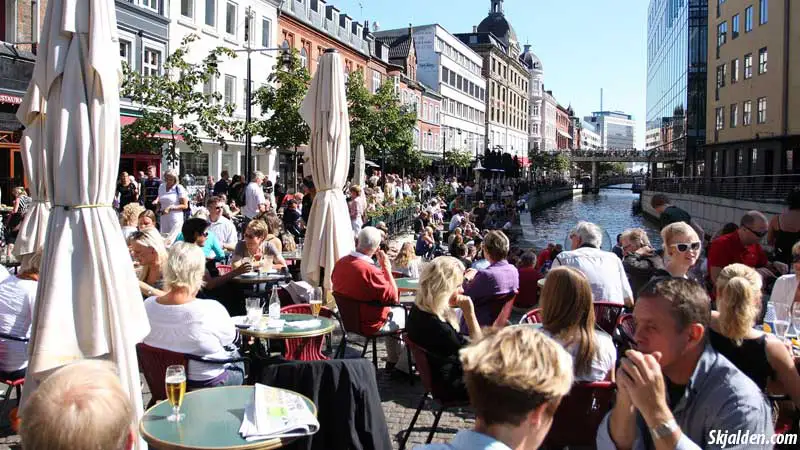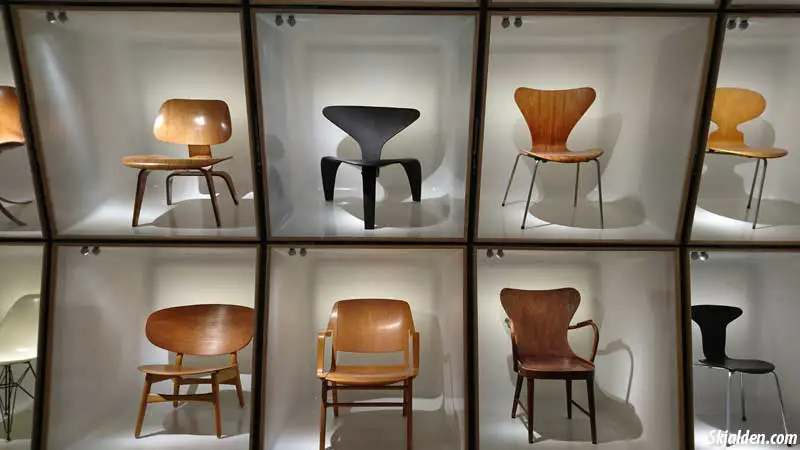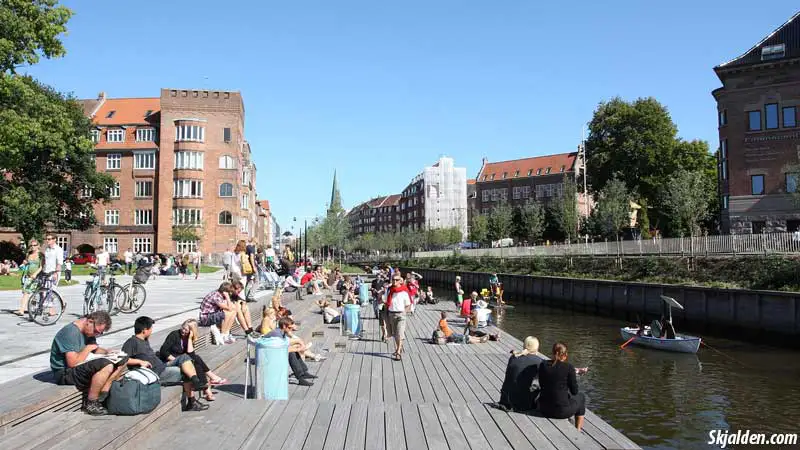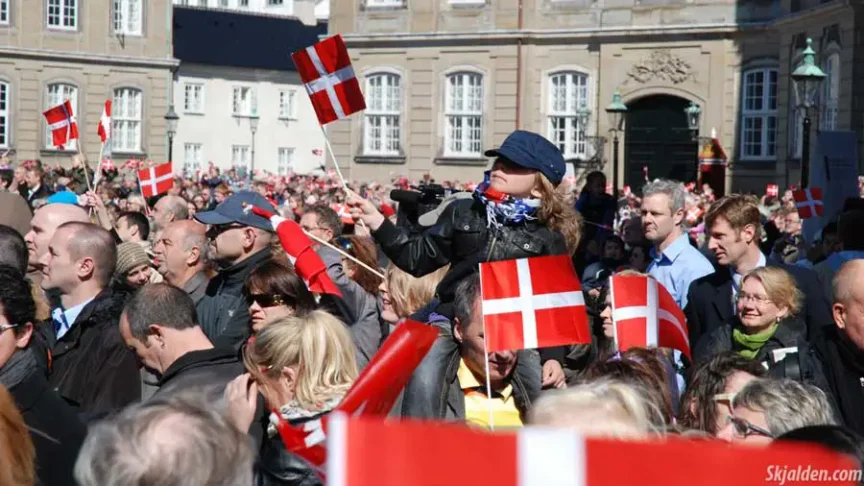Curious about what makes someone ethnically Danish? It’s not merely about living in Denmark or speaking the language. It’s about belonging to a legacy that dates back to the pre-Viking era, evolving through centuries into the rich tapestry of modern Danish culture, celebrated not only for its cozy concept of hygge but also for its robust tradition of design, environmental consciousness, and a unique blend of historical and modern values. Let’s dive into what truly forms the Danish identity.
Ethnic Danes are part of a distinct group that has shaped Denmark since the early medieval period, marking their beginnings as one of Europe’s oldest continuous monarchies. They are recognizable by their light skin and the Danish language—a language that anchors them to their rich history. Their beliefs are deeply influenced by Christianity, particularly Lutheranism, though many also connect with Ásatrú, an ancient faith of their Norse ancestors.
The Danish way of life is built on fairness for all, cherishing hygge, valuing education, and making significant contributions in both arts and sciences. These traditions and values unite them, fostering a deep sense of belonging and national pride.

Community and Togetherness
In Denmark, the sense of community isn’t just a nice to have; it’s essential to what it means to be ethnically Danish. But it’s not all about the perks of a comprehensive social safety net. It’s the day-to-day connections, the spontaneous chats in cozy neighborhood cafes, or the gatherings at local community centers that really weave the fabric of Danish society together. These moments of connection are vital, creating bonds that are felt just as strongly in bustling city squares as they are in quiet village streets.
Community life here is punctuated by a calendar full of local festivals. These aren’t just events; they’re communal celebrations that mark the rhythm of the year, from the first signs of spring to the cozy depths of winter. Each festival, whether it’s welcoming the summer solstice or commemorating a piece of Danish history, is a chapter in the ongoing story of a community, shared with friends, family, and neighbors.
But being part of a community in Denmark means more than just celebrating together. It means giving back. With a strong tradition of volunteering and civic engagement, ethnic Danes don’t just enjoy the benefits of their society; they actively contribute to it. Whether it’s helping out in a local sports club or participating in environmental cleanup efforts, Danes take pride in this sense of duty, seeing it as an integral part of their identity. It’s this blend of celebration, connection, and contribution that truly defines the communal spirit of being ethnically Danish.
Ethnic Danes and the Harmony of Past and Present
Ethnic Danes excel at blending tradition with innovation, applying this approach to all aspects of daily life. Education in Denmark is a prime example, where schools are deeply rooted in the philosophy of encouraging independent thought also leads to integrating technology into learning. It’s a system that respects the wisdom of the past while preparing students for a future full of possibilities.
Danish design embodies this harmony too. Think of the iconic Danish chair: its form follows function, a principle that’s been guiding Danish designers for generations. Yet, today’s designs are as much about sustainability and ethical production as they are about aesthetics and comfort. This evolution reflects a broader trend in Danish society, where respect for heritage fuels innovation.

Cycling in Denmark illustrates how tradition becomes revolutionary. Once a simple mode of transport, bikes have become a symbol of Denmark’s commitment to environmental sustainability. Cities like Copenhagen are world leaders in bike-friendly infrastructure, showing how traditional habits can lead to innovative solutions for global challenges.
The Danish table is another place where the past and present meet. While traditional dishes like smørrebrød (open-faced sandwiches) remain beloved, there’s a growing enthusiasm for global flavors and a strong focus on organic, locally sourced ingredients. This culinary curiosity is part of a broader Danish ethos that values sustainability, quality of life, and openness to the world.
In these ways, ethnic Danes are not just preserving their cultural heritage but are actively reinterpreting it. They are living proof that looking back can help navigate the future, making tradition a stepping stone to innovation. This approach allows them to create a society that’s inclusive, environmentally conscious, and forward-looking, all while staying deeply connected to their roots.

Ancestry vs. Citizenship: What Makes Someone Danish?
Being Danish goes beyond just living in Denmark or holding a passport; it’s fundamentally about heritage. To be considered ethnically Danish, one must have parents who are themselves ethnically Danish. This identity stems from a long lineage of Danish ancestors who have preserved and passed down their culture, language, and traditions through the generations.
Ethnic identity in Denmark is deeply rooted in ancestry—it’s about blood and heritage that tie individuals to the nation’s history. Unlike citizenship, which can be acquired through naturalization, ethnic identity is inherited and deeply ingrained in one’s family history and cultural legacy.
Thus, being ethnically Danish isn’t something you can achieve through legal means or relocation. It requires a direct lineage to Denmark, extending back centuries, and continued through familial bonds and cultural engagement. While anyone can become a Danish citizen, embracing the rights and responsibilities that come with it, ethnic identity connects to a deeper, historical narrative unique to those born into it.
Photo credit: Silje Bergum Kinsten.
